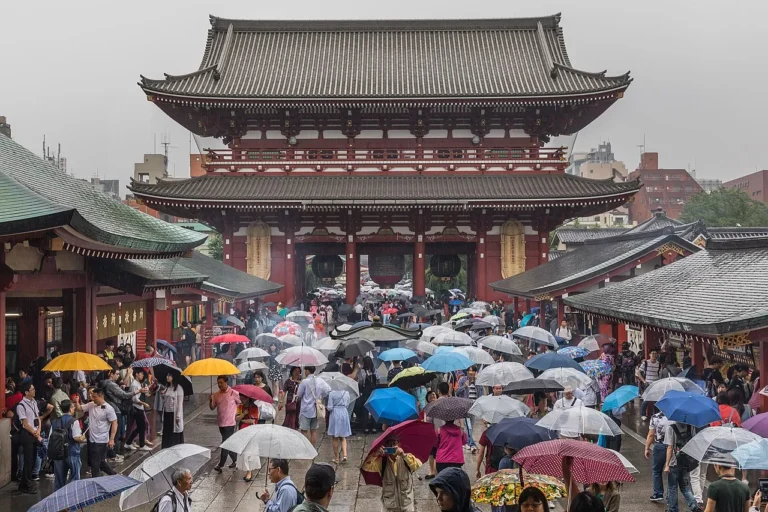Welcome to Japan, where vending machines sell hot ramen at 3 AM and people bow to apologise for existing.
If you’re dreaming of swapping your mundane life for one filled with cherry blossoms, bullet trains, and the occasional existential crisis over chopstick etiquette, this guide will help you navigate the beautiful chaos of becoming an expat in Japan.

Expat Guide to Living in Japan
Japan stands as one of the world’s economic powerhouses, boasting a GDP of $4.2 trillion and a per capita income of $33,800. This economic strength translates into an exceptional quality of life that consistently ranks Japan among the top destinations globally.
In 2024, Japan secured 11th place worldwide for overall quality of life, while claiming impressive positions in healthcare (3rd globally) and safety (6th worldwide).
The numbers tell a compelling story about Japanese longevity and wellness. With the world’s third-highest life expectancy at 84 years, trailing only Hong Kong and Macau, Japan demonstrates how a culture built around clean eating, regular exercise, and nature appreciation creates lasting health benefits for its residents.
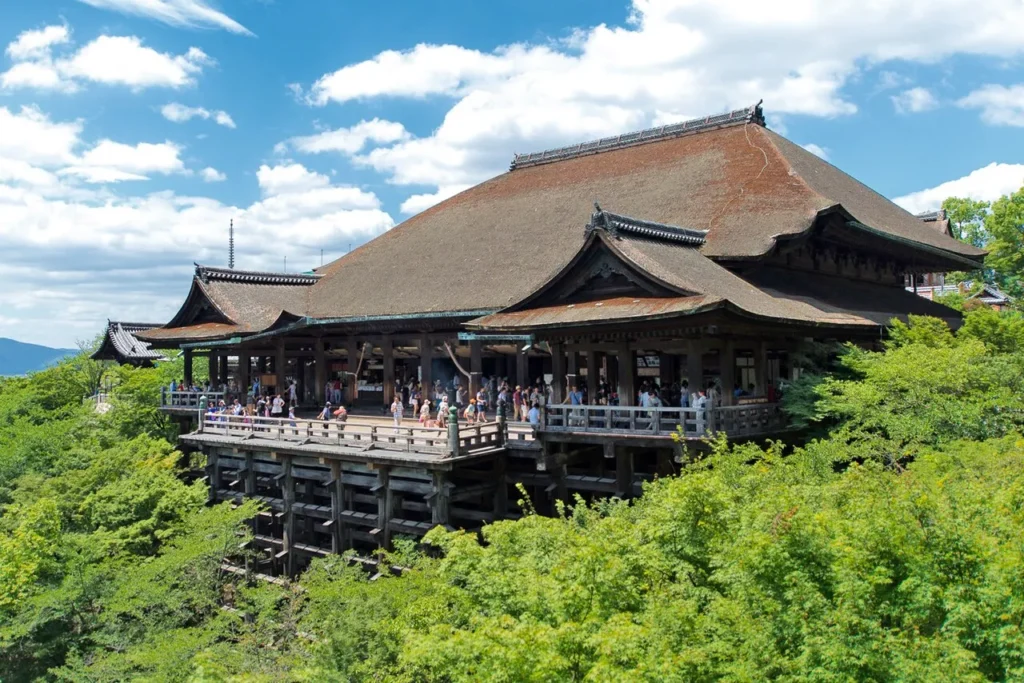
Landscape
Japan’s diverse landscape offers something for every preference. The northern Hokkaido region captivates winter sports enthusiasts with its pristine mountains and world-class skiing conditions. Southern Okinawa islands rival Hawaii and Mauritius with their tropical beaches and crystal-clear waters.
Between these extremes lies Honshu’s mainland, dominated by the massive Taiheiyo Belt urban corridor stretching from Tokyo to Hiroshima, housing 74 million of Japan’s 125 million citizens.
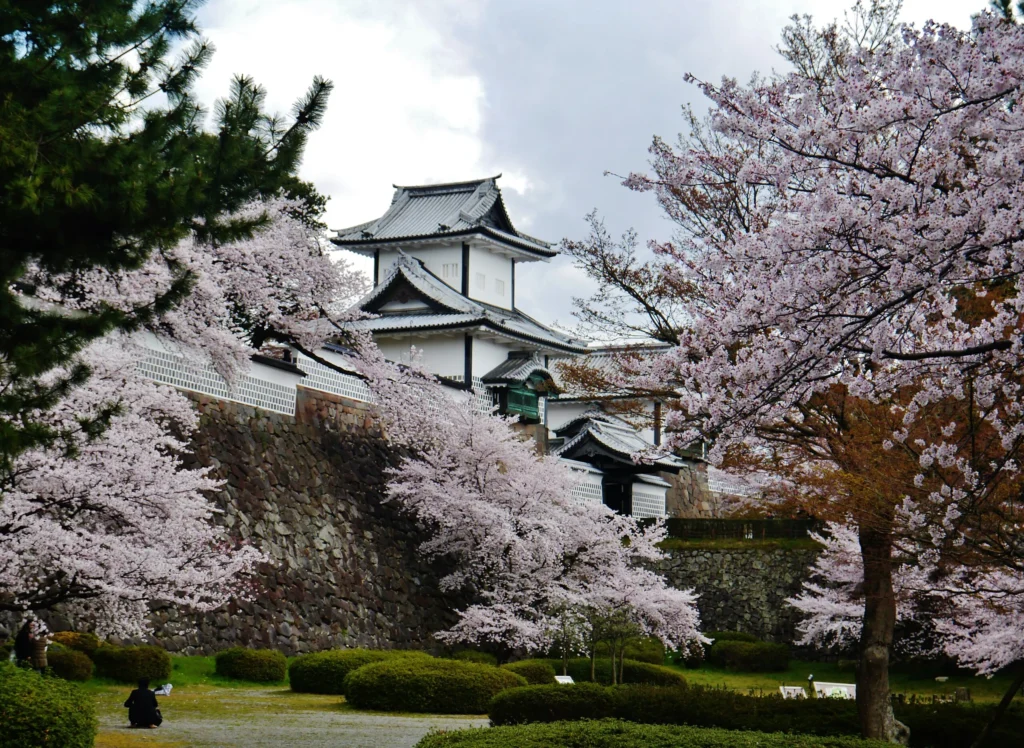
Japanese Culture and Customs
Japan presents a fascinating paradox, seamlessly blending cutting-edge technology with centuries-old traditions.
Major cities showcase technological marvels – bullet trains gliding at 200 mph, vending machines dispensing everything from hot meals to umbrellas, and homes equipped with toilets featuring more buttons than spacecraft control panels!
Yet beneath this modern facade lies deep respect for ancient customs and ceremonies. Simple gestures carry significant meaning: removing shoes before entering homes, greeting people with respectful bows, and accepting business cards with both hands while expressing gratitude. These aren’t mere formalities but essential elements of the Japanese social fabric.
Understanding hierarchical workplace structures becomes crucial for expat success. Japanese society operates on strict seniority systems where showing proper respect to superiors isn’t optional.
Activities considered normal elsewhere – eating while walking, speaking loudly on public transport, or leaving work before your boss – can appear disrespectful in the Japanese context.
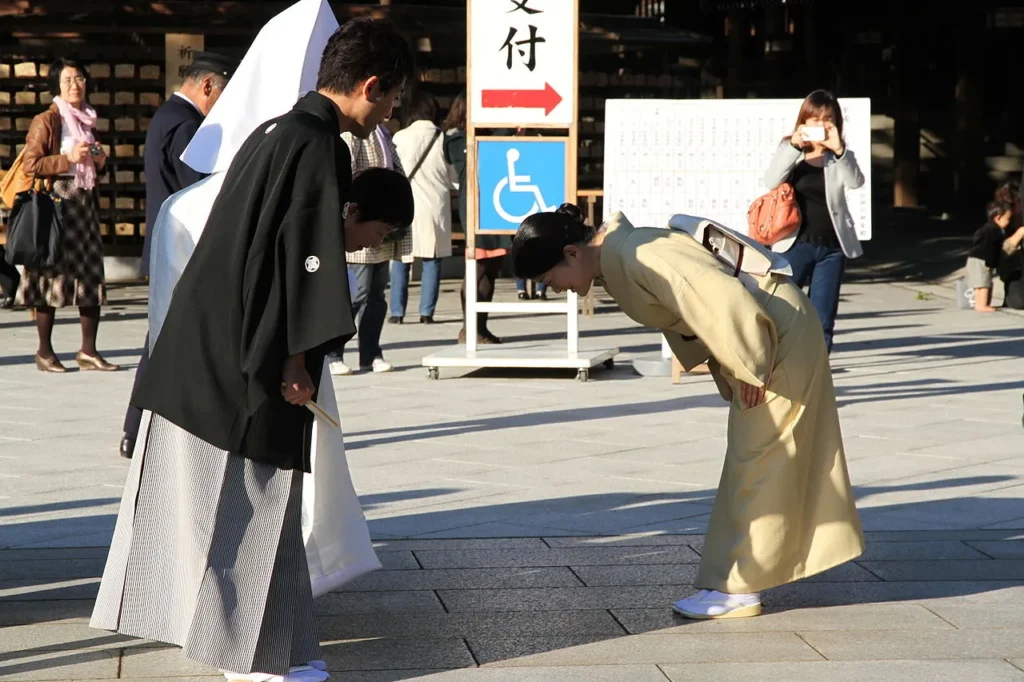
Language Challenges and Opportunities
Standard Japanese serves as the country’s official language, distinguishing it from regional dialects like Okinawan and Ainu.
While English functions as Japan’s unofficial second language, only 28% of Japanese people speak it conversationally, with fewer than 10% claiming fluency.
The language barrier presents real challenges for expats. The U.S. Department of State classifies Japanese as a Category IV language – among the most difficult for English speakers to master, requiring approximately 2,200 classroom hours for proficiency.
However, this challenge also creates opportunities, as your foreign language skills become highly valued assets in the Japanese job market.
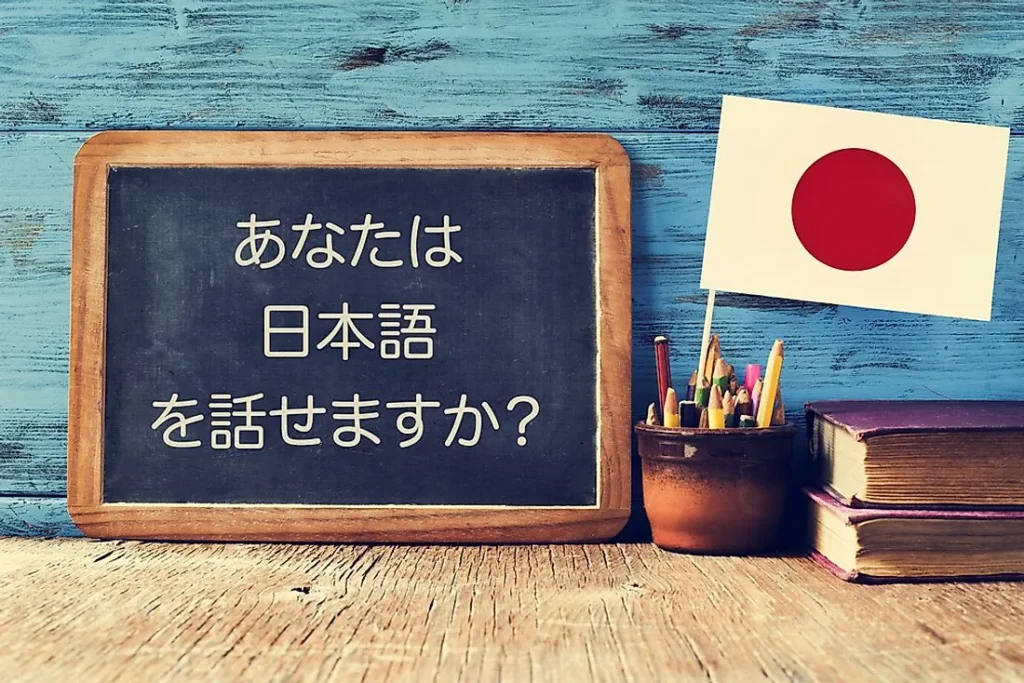
Professional Life and Work Culture
Japanese work culture demands serious mental preparation. The concept of shushin-koyo – lifelong loyalty to one employer – manifests through extended working hours, reluctance to change jobs, and minimal sick leave usage. This intensity has contributed to karoshi, literally meaning “death by overwork,” highlighting the extreme nature of traditional Japanese work expectations.
Despite recent cultural shifts softening these extremes, many expats identify work culture as their biggest adjustment challenge. However, this dedication comes with benefits: exceptional job security, comprehensive employee benefits, and competitive salaries averaging $29,589 annually.
The compensation landscape favours expats in entry-level and non-permanent positions, which typically offer better pay than similar roles in other developed countries. Your foreign language skills become particularly valuable in IT, telecommunications, marketing, tourism, and education sectors.

Growing Expat Community
Japan’s historically restrictive immigration policies kept foreign populations minimal, just 1.5% in 2016. However, demographic challenges have prompted government policy changes, resulting in record expat numbers reaching 3.2 million foreign residents by 2024, representing 2.6% of the population.
Asian countries dominate expat demographics, with China contributing 26% and Vietnam 18% of foreign residents. Western expats include approximately 63,408 Americans (2%), 19,909 British citizens (0.6%), 15,054 French residents (0.5%), and 11,242 Canadians (0.4%).
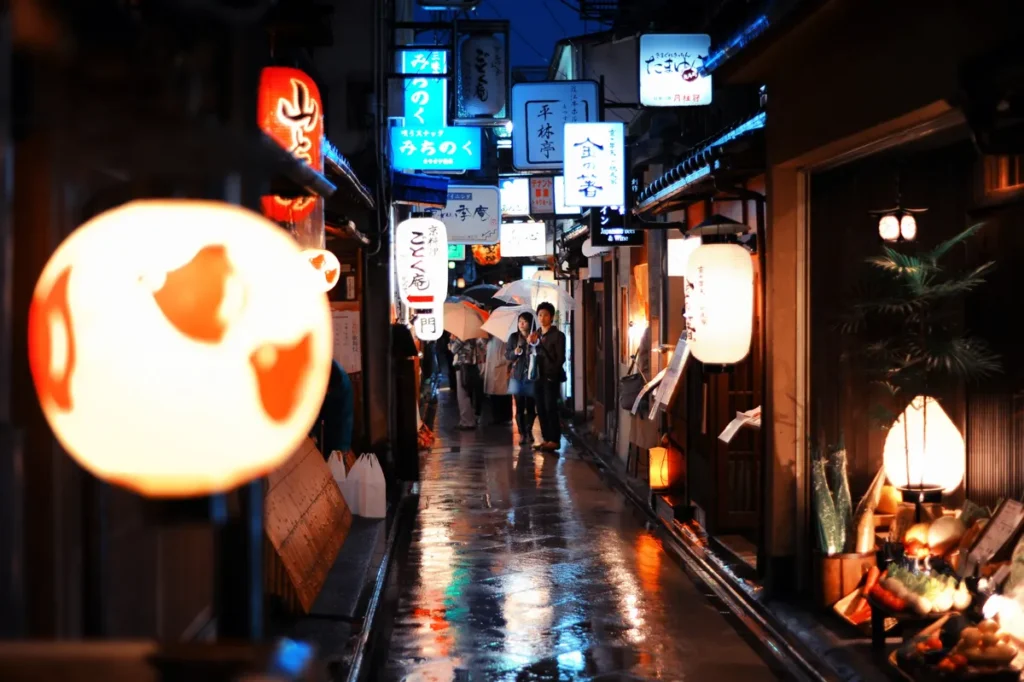
Housing and Accommodation
Tokyo naturally attracts most expats, with districts like Minato and Shibuya offering premium living experiences combining luxury apartments, excellent transportation connections, and diverse dining options. However, other cities like Kyoto, Osaka, and Kobe provide similar amenities without Tokyo’s intensity and crowds.
Rural living appeals to those seeking natural beauty and traditional experiences. Japan’s volcanic geography creates numerous onsen (hot springs) destinations, while countryside properties often incorporate unique architectural features that define traditional Japanese homes.
Traditional homes feature distinctive elements: shoji sliding paper doors, fusuma wooden panels for room reconfiguration, tatami rice straw flooring, kotatsu heated dining tables, and genkan entryways where shoe removal occurs. Modern properties blend Western conveniences with select traditional features.
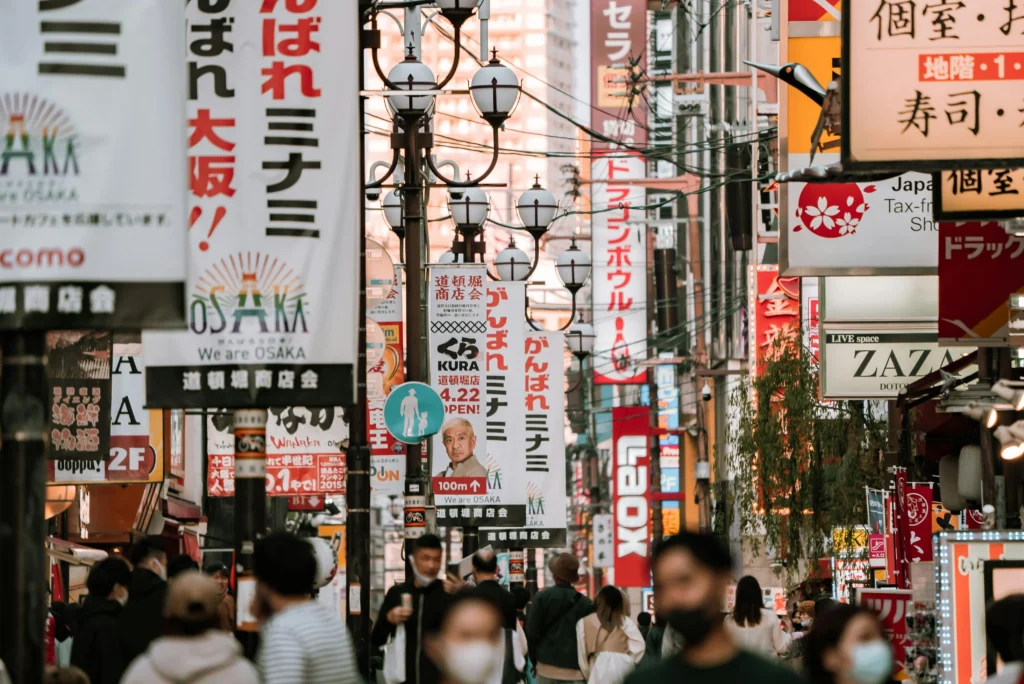
Housing Costs and Property Ownership
Tokyo’s status as the world’s 9th most expensive city for expats is reflected in housing costs, with three-bedroom apartments averaging $2,713 monthly. However, other cities offer declining rental costs, creating opportunities for budget-conscious expats.
Foreign property ownership faces no restrictions in Japan. Anyone can purchase land or property with full ownership rights, regardless of citizenship status. Property owners pay identical tax rates to Japanese citizens and enjoy inheritance rights. However, property ownership doesn’t accelerate citizenship processes or provide additional legal privileges.
Recent legislation introduced the Land Use Restriction Bill, allowing government monitoring and potential purchase restrictions near “Special Vigilance Zones” around sensitive military installations.

Visa Requirements and Employment
Working in Japan requires appropriate visa documentation. Three primary visa categories serve different expat needs:
Standard Japan Work Visas cover specific professions, including artists, professors, journalists, medical professionals, teachers, and researchers. Highly Skilled Professional Visas offer extended stays (up to five years) for workers with exceptional qualifications, determined through points-based systems considering education, experience, age, and expected salary.
Working Holiday Visas serve citizens from countries with bilateral agreements, typically valid for one year.
Japan’s new digital nomad visa, launched in April 2024, accommodates remote workers earning at least $68,300 annually from foreign sources, allowing six-month stays with proper health insurance coverage.
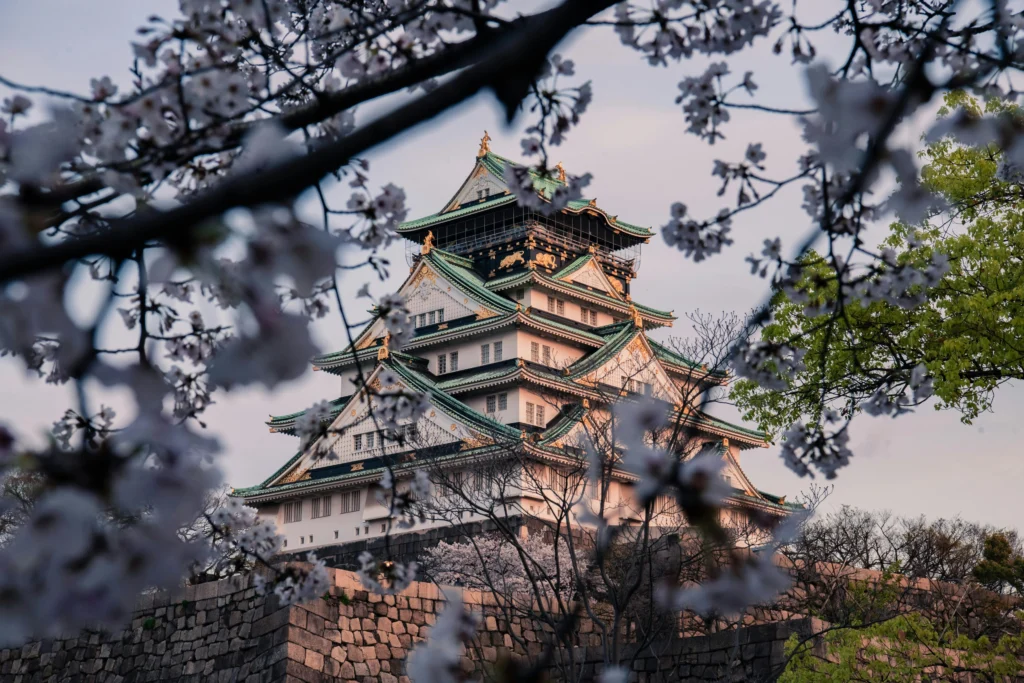
Financial Services and Taxation
Opening Japanese bank accounts becomes essential for salary receipt and visa renewals, while building credit history for future loans or mortgages.
Major banks like MUFG, Mizuho, and Sumitomo Mitsui offer expat-friendly services with foreign language support.
Tax obligations vary based on employment status. Japanese employers typically handle income tax deductions automatically, while self-employed individuals must file annual returns by March 15.
Additional taxes may include property tax (approximately 1.4% of appraised value), enterprise tax for business owners, and capital gains tax (20% total) on investment profits.

Healthcare Excellence
Japan’s universal healthcare system, kokumin kenko hoken, ranks among the world’s best. After three months’ residence, expats qualify for comprehensive coverage including major treatments, mental health services, hospice care, and dental procedures.
The system requires 30% patient contributions, with the government covering the remaining costs. Many employers provide supplementary insurance, though language barriers may necessitate private healthcare options for non-Japanese speakers seeking English-language medical services.

Educational Opportunities
Japan’s education system excels globally, ranking first worldwide in science and mathematics performance and ninth in reading comprehension according to OECD data. The system’s intensity includes regular schooling plus evening juku (cram schools) for additional exam preparation.
State education remains free through age 15, with 96% of students continuing to post-secondary education. Tokyo alone hosts 50 international schools offering British, American, Canadian, and European curricula, with annual costs ranging from $4,372 to $43,003.
Japan’s higher education sector features 15 universities in the QS World University Rankings top 500, including the University of Tokyo, the University of Kyoto, Tokyo Institute of Technology, and Osaka University within the global top 100.

Bottom Line
So there you have it – your comprehensive roadmap to Japanese expat life, complete with bowing tutorials and chopstick warnings.
Japan offers an extraordinary blend of ancient wisdom and futuristic innovation, where you can meditate in temples at dawn and sing karaoke until sunrise.
Yes, the work culture might make you question your life choices, and you’ll probably spend your first month apologising for breathing too loudly, but the rewards are immense.
From unparalleled safety and healthcare to life-changing culinary adventures and natural beauty that’ll make your Instagram followers weep with envy, Japan transforms expat life into an epic adventure.
Just remember to pack your patience, practice your bowing, and prepare for the most beautifully complex culture shock of your lifetime.
Stay tuned with us. Further, follow us on social media for the latest updates.
Join us on Telegram Group for the Latest Aviation Updates. Subsequently, follow us on Google News

